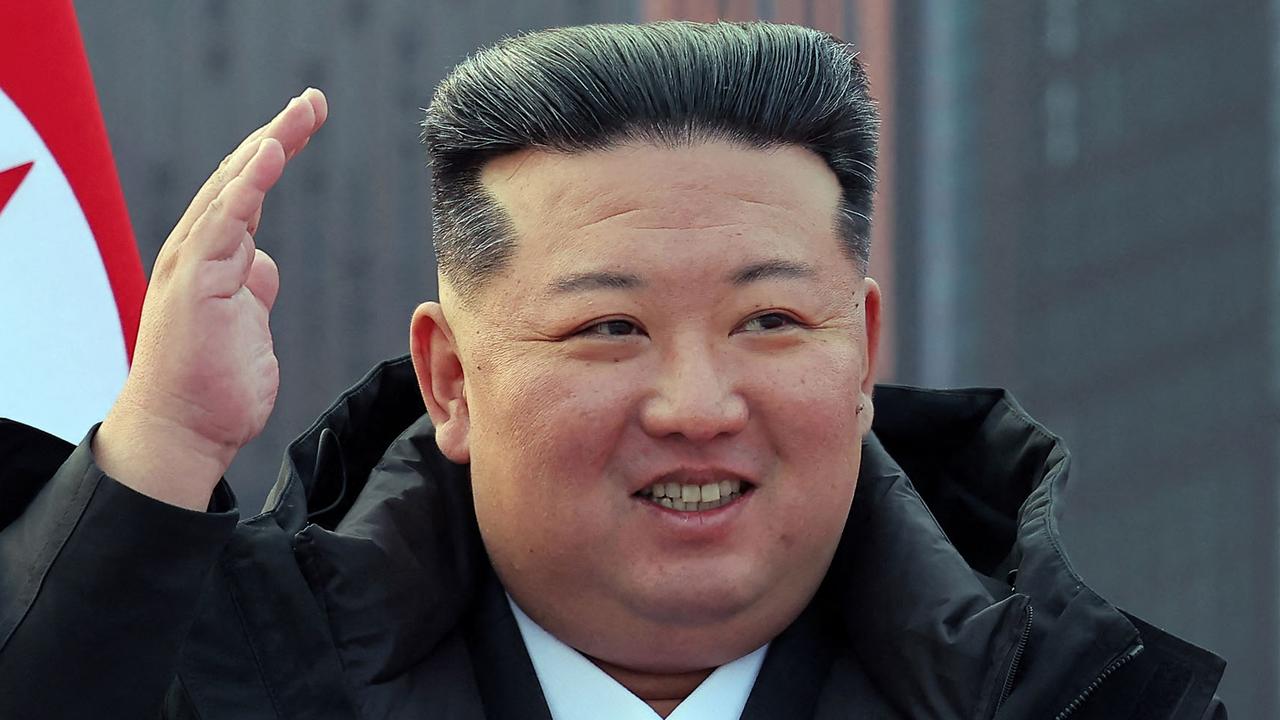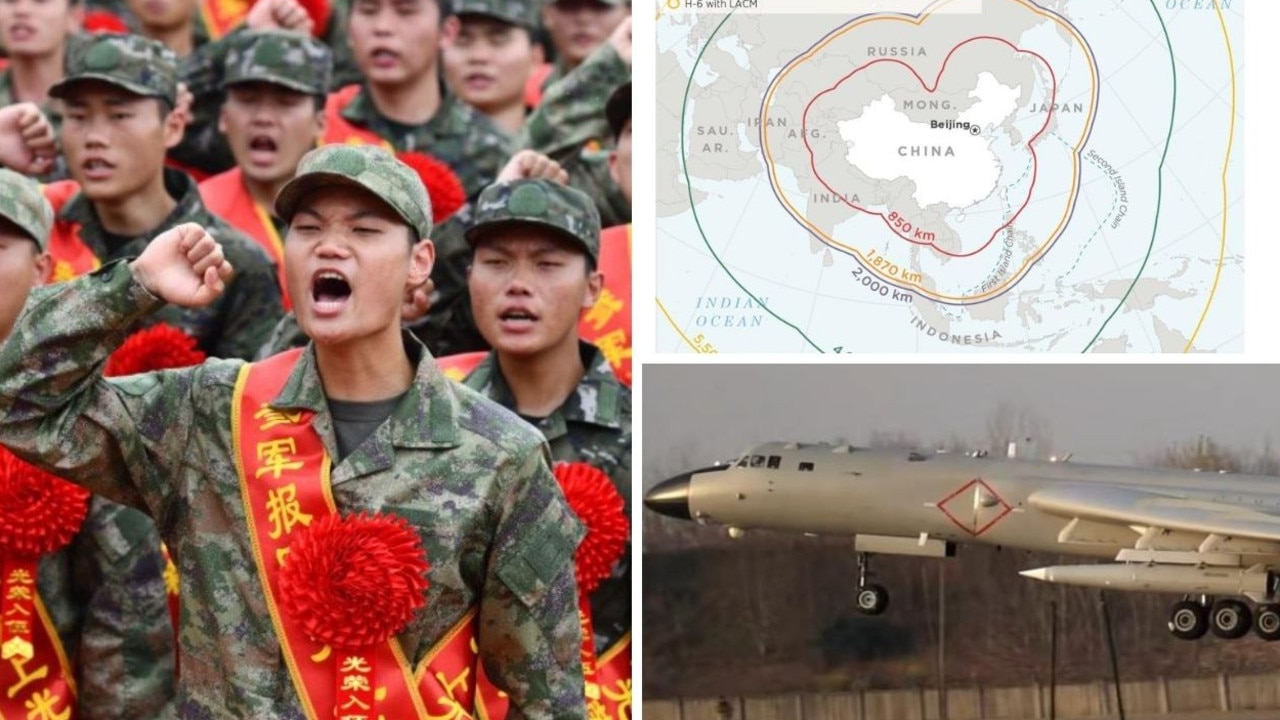Institute for Strategic Studies warns of ‘dangerous decade’ ahead as global military spending surges
World leaders are dragging us into one of the most perilous decades in recent memory, as whispers of a “catastrophic” global conflict continue to build.
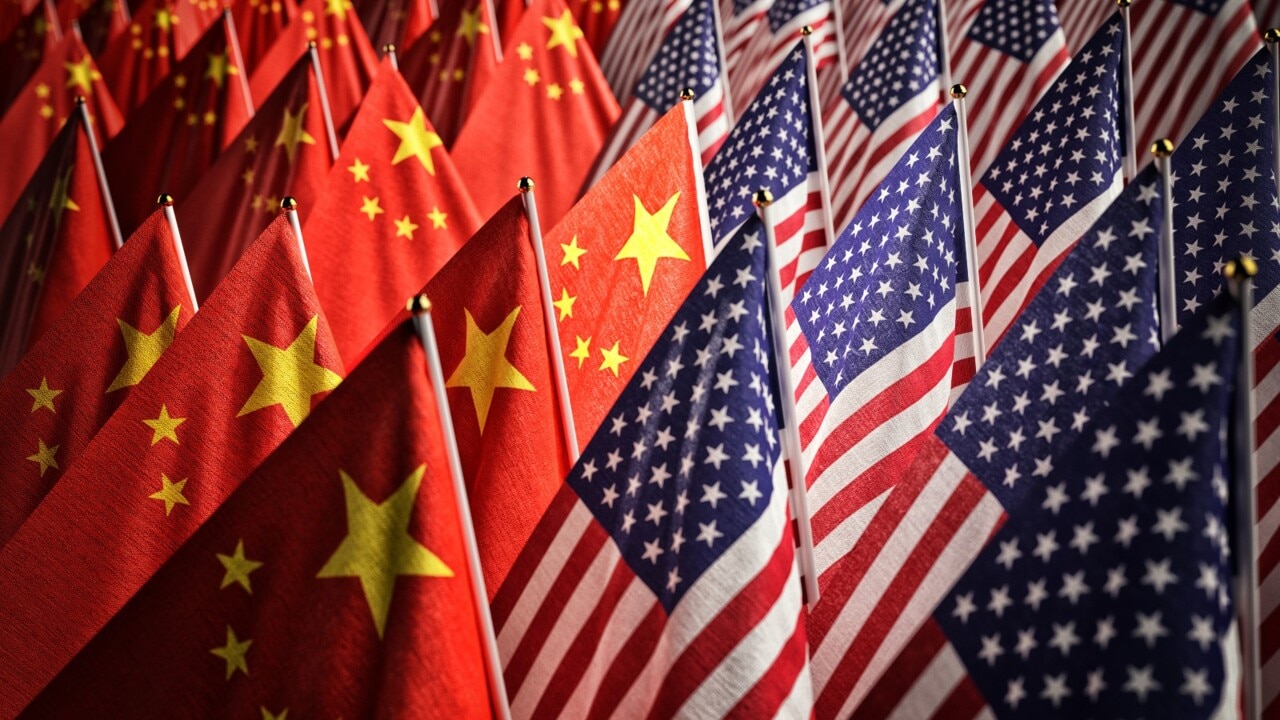
The International Institute for Strategic Studies (IISS) has released a report warning of the “dangerous decade” world leaders are charging into, as worldwide military spending reaches new astronomical heights.
The report highlights the ongoing wars in Ukraine and Gaza, as well as a tendency for countries to adopt a “might is right approach” as opposed to focusing on peaceful alternatives.
Global defence spending rose by a whopping 9 per cent last year to $2.2 trillion (A$3.4 trillion), with NATO’s spending increasing by 32 per cent.
Roughly 70 per cent of global military spending comes from NATO nations, China, Russia, and India.
“The current military-security situation heralds what is likely to be a more dangerous decade, characterised by the brazen application by some of military power to pursue claims,” the report said.
The IISS points out the obvious concerns in the Indo-Pacific, Gaza and Ukraine but also warns that superpowers are becoming increasingly locked in an advanced arms race while simultaneously flexing their mammoth budgets to resupply their stocks.
The report argues that an “era of insecurity” is resetting the global defence-industrial landscape, with the US and Europe ramping up production of missiles and ammunition “after decades of underinvestment”.
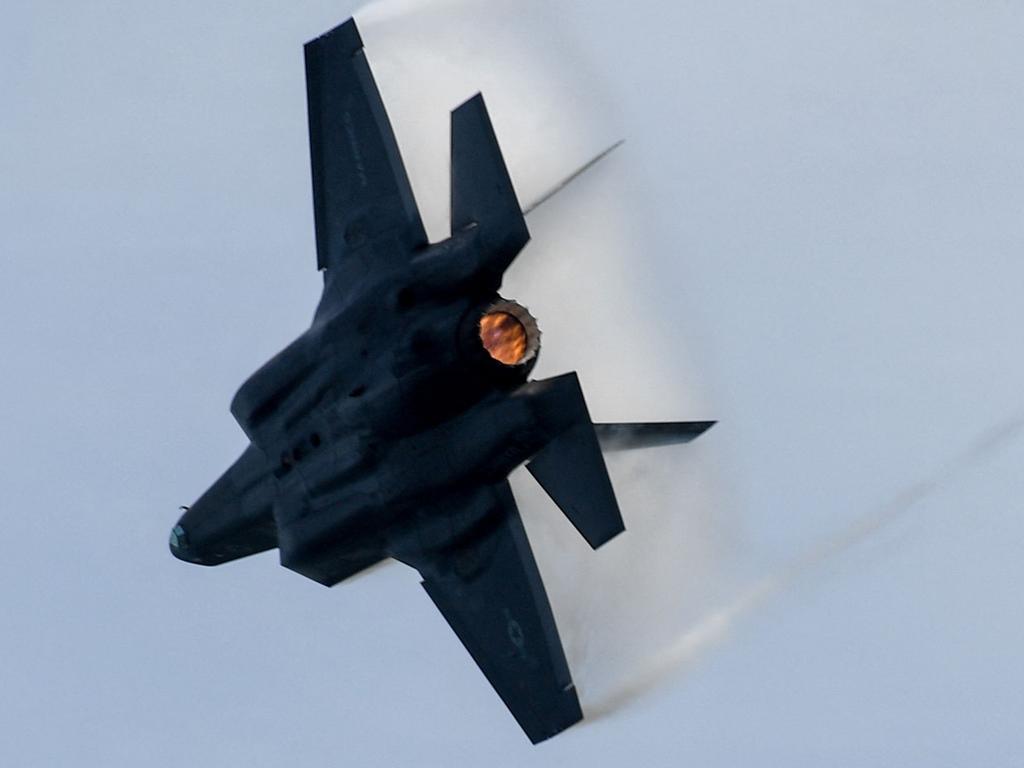

“Russia’s actions have reinvigorated NATO, with Finland completing its rapid alliance accession process in April 2023,” the report continued.
“Governments are trying to balance appetite for advanced weapons with the need to rebuild industrial-scale ammunition production capacity.
“Moscow’s military actions have amplified concerns in other parts of the world, particularly the Indo-Pacific, that a militarily powerful neighbour may try to exert its will over others.
“National security is no longer an afterthought and … looming challenges require serious attention.”
The US has pledged to support Taiwan as China’s government continues to lay claim to the tiny neighbouring island nation. But the ongoing posturing between the two superpowers has analysts worried that we are closer to a conflict in the region than we have been for decades.
“China’s growing assertiveness, America’s declining deterrent capability, and Taiwan’s growing jumpiness, not least as it watches Hong Kong, have all made a stumble into catastrophic conflict across the Taiwan Strait more likely than for decades,” Former Australian Minister for Foreign Affairs Gareth Evans says.
“This is only avoidable – however unattractive “muddling through” might be to purists on all sides – by urgently building more robust crisis-management mechanisms. A sober and compelling analysis which policymakers will ignore at their peril.”
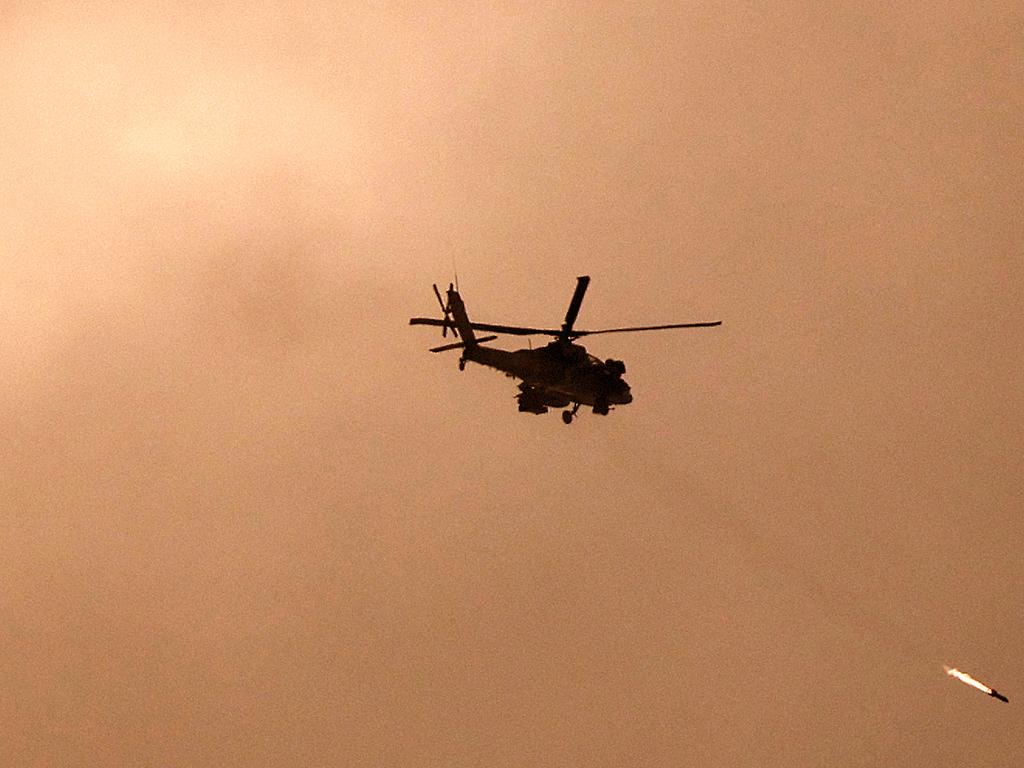
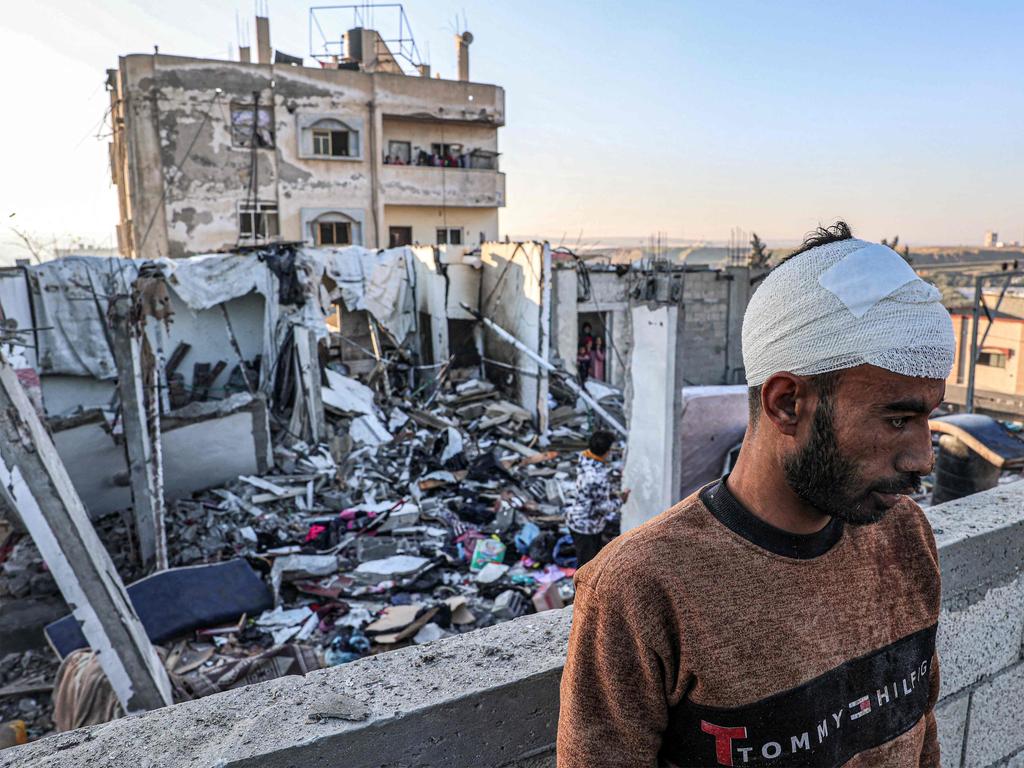
The collapse of major accords, like the Conventional Forces in Europe Treaty — which Russia exited last year is also highlighted in the report.
The most wary of analysts warn Vladimir Putin is moments away from unleashing Russia’s nuclear weapons arsenal to put his foot down - an act that could immediately spark World War Three. But even Putin admitted that would be a step too far, acknowledging that the use of nuclear arms would likely spark a global conflict that would destroy civilisation as we know it.
But “western governments find themselves once again in a position where they must decide whether to furnish Kyiv with enough weapons to deliver a decisive blow or merely enough not to lose”, the report continues.
The USA’s continuous support for Ukraine has muddied international relations with Russia, with military pundits believing the conflict is far from over.
And no, we haven’t forgotten North Korea.
As the rest of the modern world grapples with numerous conflicts in all corners, the hermit kingdom has ramped up weapon testing, as well as its relationship with Russia.
North Korea fired multiple cruise missiles on Wednesday as part of a string of tests this year that have accompanied increasingly aggressive rhetoric from leader Kim Jong Un.
So far this year, Kim has declared South Korea his country’s “principal enemy”, jettisoned agencies dedicated to reunification and outreach, and threatened war over “even 0.001 mm” of territorial infringement.
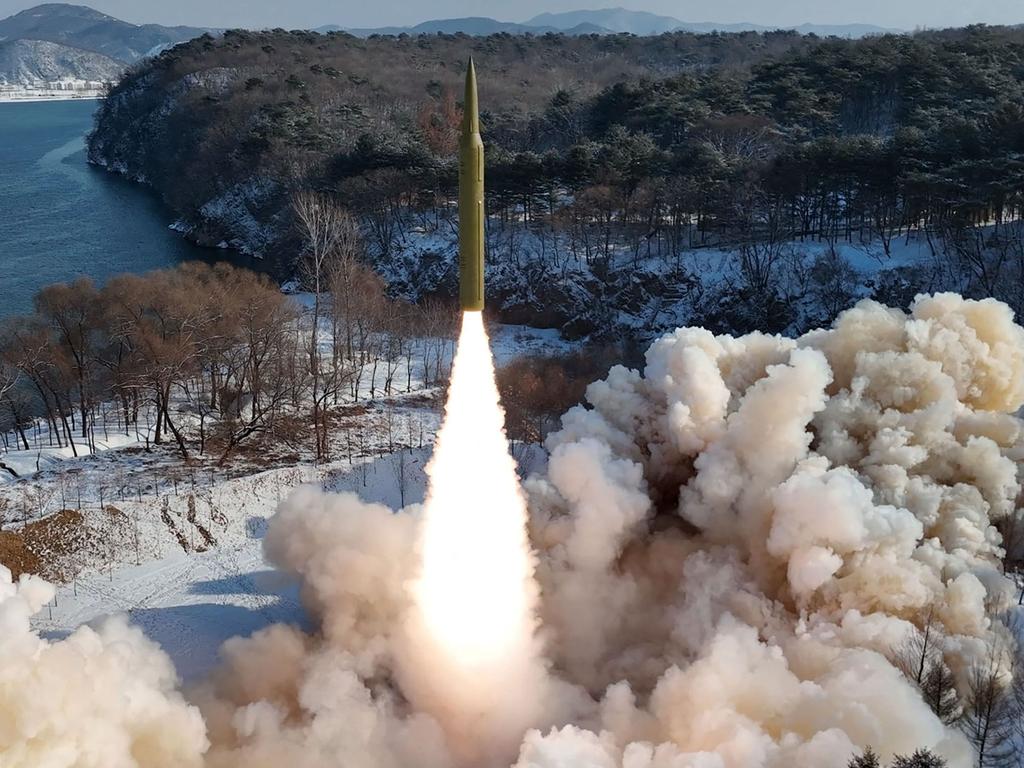
Pyongyang has also tested an “underwater nuclear weapon system” and a solid-fuelled hypersonic ballistic missile.
Earlier this week, North Korea announced it had tested a new control system for a multiple rocket launcher it said would have an “increased” battlefield role.
The cruise missile launches have prompted speculation from experts that it is testing the weapons before shipping them to Moscow for use in Ukraine.
Pyongyang and Moscow have bolstered ties in recent months, with leader Kim Jong Un making a rare trip to Russia to meet President Vladimir Putin in September.



